As the world marks the International Day of Eradication of Poverty on 17 October, it is crucial to spread the message of importance of Quality Education in fighting large scale poverty. The battle against poverty can be won with the tool of Education, if accessible to all without any discrimination. Education is the epicentre of sustainable development. The Sustainable Development Goals (SDGs) and specifically the goal to end poverty can not be achieved in true sense by 2030 if Education is not given a lion’s share in terms of investment. Investing in Education changes the world because education begets hopeful and empowered individuals who can innovate and impact to break the vicious cycle of poverty.
Education helps to reduce poverty. 171 million people could be lifted from poverty through provision of basic reading and writing skills. Education can boost savings, considering that savings of an individual can rise by 10% for every additional year of education. It is a major bridge to fill the gap of economic disparity. Economic inequality can reduce by 39% if both the rich and have nots have the same kind of education. More importantly, education helps in nation building, catalysing economic growth and saving the planet.
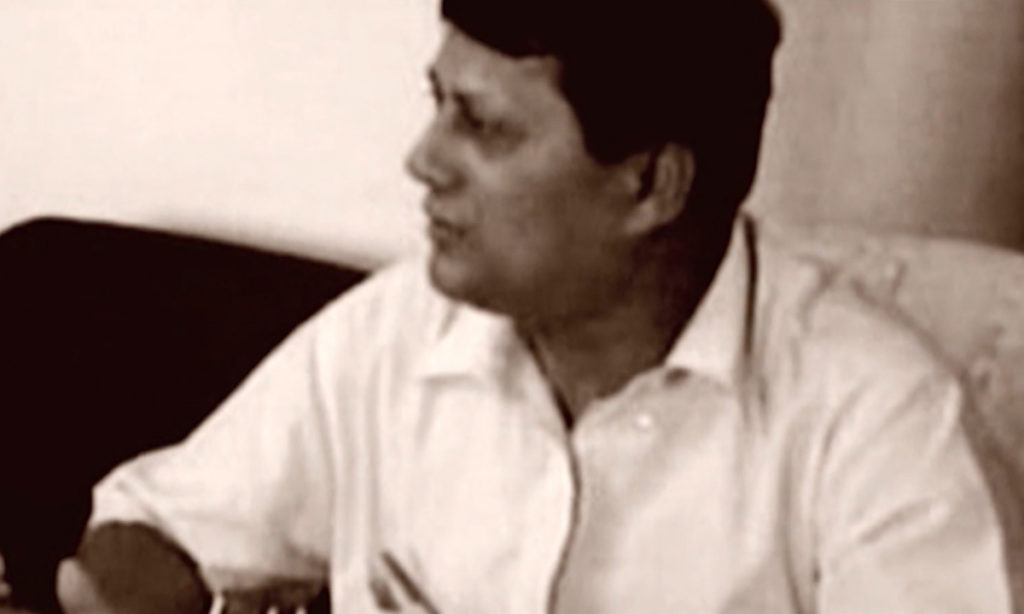
I have realised the importance of Education’s transformative power very early in my life. Losing my father at the age of four, going through the grinds of struggle and hardships, I have learnt that poverty can kill all aptitude. For the hungry, food is the only means to survive. And the dark shadows of poverty can be illuminated by the lights of Education. My mother, illiterate by all modern standards of education was wise enough to ingrain this deep thought in all seven of my siblings. We knew, that amidst all despair, desolation, dejections, depression, education was the only helicopter out of poverty and suffering. I would continue to study and perform well in academics, and not let my education suffer due the chores that I contributed to or the help I provided my mother for supplementing a family income which was close to nil. I kept moving ahead, embracing all education and outshining rest of my batch mates and friends. Not that I liked doing it, but I felt a compulsion to stand first.
Taking up a job as a lecturer in city based college and getting a cushion of regular income did not stop me from quitting that comfort zone and starting the Industrial Training Institute with a meagre seed money of Rs 5000 in 1992-93. I didn’t not know whether I could sustain it for the following year, and yet now, fast forward to 2019, it is an institute of eminence, one of the most promising universities in India, the Kalinga Institute of Industrial Technology (KIIT). What sets it apart from other famous and popular institutions of India is its social responsibility towards the downtrodden in the form of Kalinga Institute of Social Sciences (KISS), a home for 60,000 indigenous tribal children who get lodging, boarding, education, vocation and sport skills free of cost from Kindergarten to Post Graduation. In fact, the KIIT and KISS universe gives employment to 10,000 staff directly and over 1 million people at secondary and tertiary level. It is a shining beacon in the city of Bhubaneswar, Odisha, and the pinnacle of economic transformation through. education.
I understand where the shoe pinches the wearer, because I have also seen and experienced extreme poverty. The dream that I want to realise through KISS and other satellite centers is to alleviate poverty and it is possible in my lifetime. The tribal students of KISS who were once under the grill of extreme hunger and deprivation, are now rising and shining and making a difference. They have better job options, livelihood and can give back to their community and families relieving them from the shackles of poverty. More than 15,000 alumni of KISS are well placed and have carved a niche for themselves in their respective fields, be it the corporate sector, education, government services, journalism, design, social work, medicine and so on. The “Earn while you Learn” scheme for the students of KISS allows them take up a vocation of their choice and earn their pocket money which they can send back to their parents, while they are studying at KISS. In a huge way, KISS has tackled the problem of tribal children falling into the clutches of Left Wing Extremism through Education and Peace. KISS has created an ecosystem of tribal parents, guardians, leaders, alumni, students and teachers who make the community aware of the importance of Education and thus help in reduction of poverty.
Another attempt at eradication of poverty can be seen in my own native village, Kalarabanka. The marriage of global and local was most ably done by one university in Odisha, India in its small attempt to bridge the gap between India and Bharat. To elaborate, KIIT University has the distinction being the first University in India that promoted the concept of Model Village to contribute to Rural Development as early as 2000, just three years after its inception as a University. KIIT University transformed an obscure village in Odisha (Kalarabanka) from negligence to the position of prominence. My mother’s dream to work for her village provided me the driving force to bring city amenities to the village, after achieving tremendous success for both the institutions, which have become the pride of the world.
My mother’s continuous insistence made me develop Kalarabanka with the help of KIIT and its well-wishers. 15 Temples, along with Community Halls, Post Office, Police outpost, connecting roads, Nationalized banks with ATMs and locker facilities, drinking water, and streetlights were installed to bring city comforts to the village. Kalarabanka has an English medium school and a residential school as well, to further local education. With the help of KIIT University, the village attained Wi-Fi, a 100 bedded dispensary, a knowledge center and Self-help groups for women to get sustenance and provide employment to more than 1000 people.
In 2006, the then Governor of Odisha, Late Rameshwar Thakur inaugurated and declared it as Model Village. The journey did not stop there. After making Kalarabanka as a model village, the entire gram Panchayat of Manpur, in Cuttack district of Odisha, consisting of 6 villages has been made the model Panchayat by extending common facilities and amenities. This is the first Panchayat in the country to be developed as a model Panchayat. In 2016, this Model Village was transformed into a Smart Village – fully WiFi, with Eco Friendly and Solar. Amenities which surpass the facilities in a modern-day city. Digital Literacy, sanitation, solid and liquid waste management, upgraded health and school infrastructure, public transport have been the cardinal features of the village.
As a newly elected Member of Parliament from Kandhamal constituency, one of the poorest tribal districts of Odisha, I have started working towards a poverty free Kandhamal and increasing the purchasing capacities of the people. Our recent agreement with MDH Spices seeks to boost the sales of indigenous products of Kandhamal. Regular health camp and education for all campaigns are solutions to tackle poverty for the bottomline.
As a committed social worker, I try to extend my helping hand to distress in whichever way possible. I reach out to people after reading the gloomy stories in the newspaper or social media, and try to provide a solution, immediate by giving financial support and in the long term by ensuring a steady flow of income for them. But at the core of all charity and help, I have ensured that the children do not discontinue their education, as its their passport to shinning future.
Poverty is the greatest killer. “The test of our progress is not whether we add more to the abundance of those who have much; it is whether we provide enough for those who have too little.” said Roosevelt and I add that enough can be provided through Education.


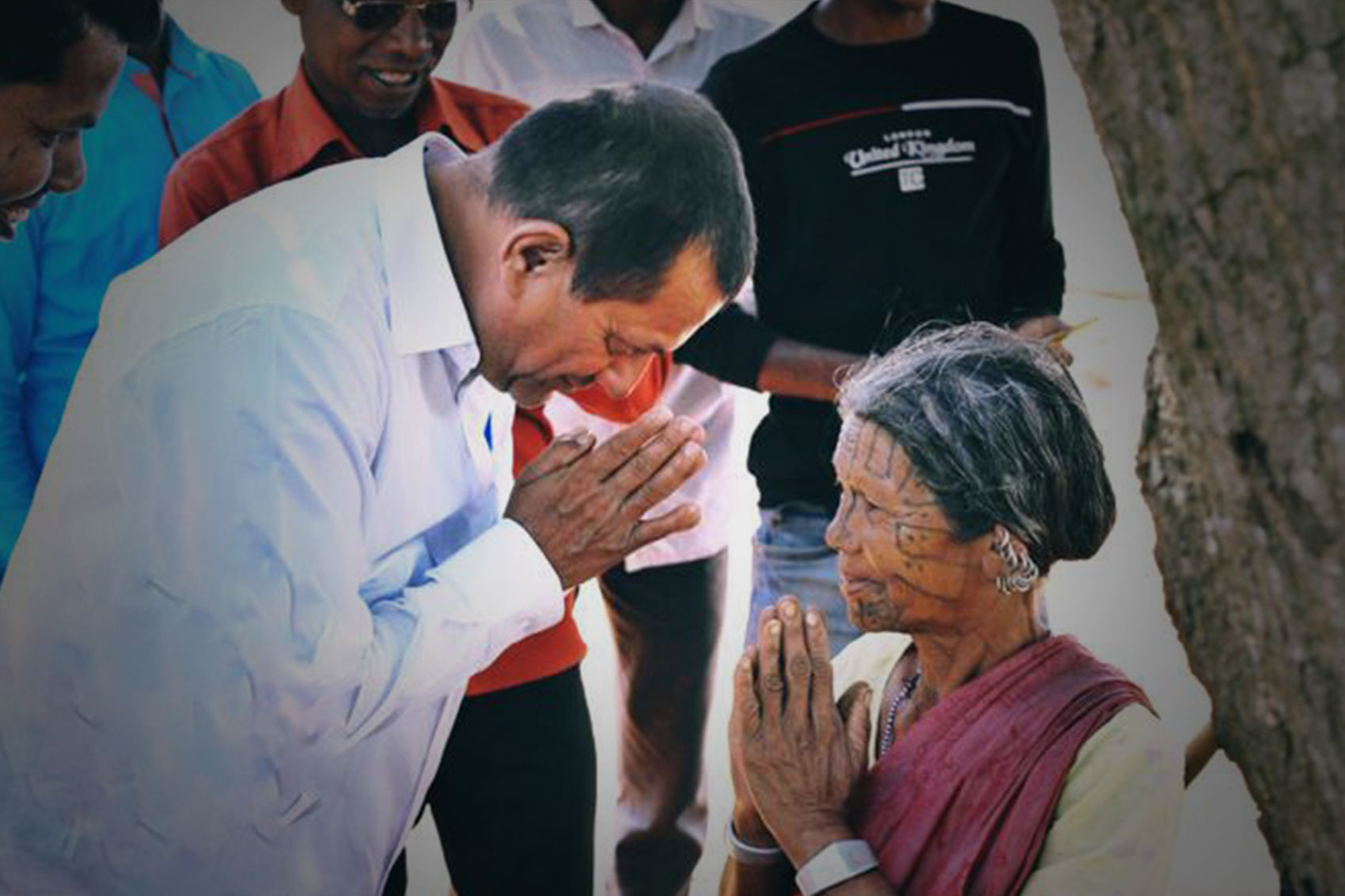
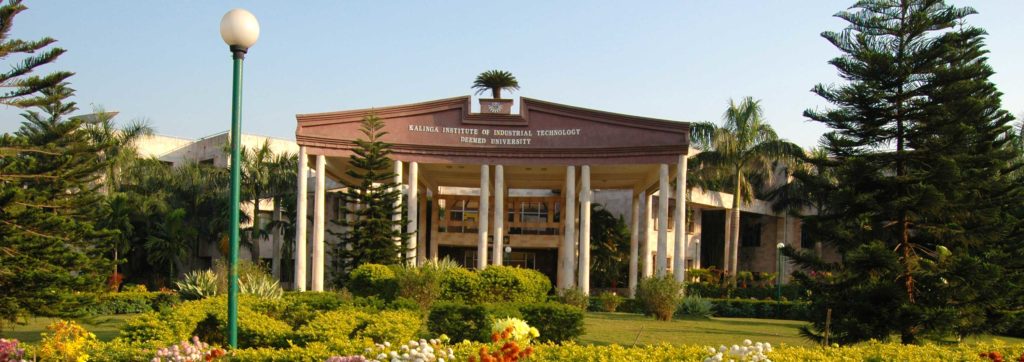
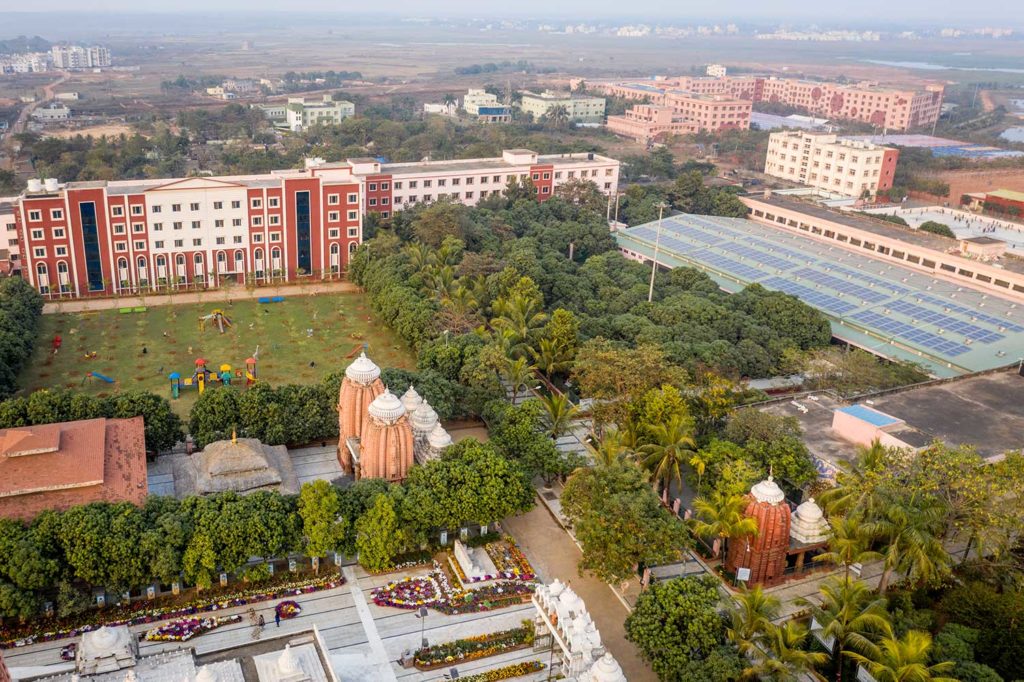

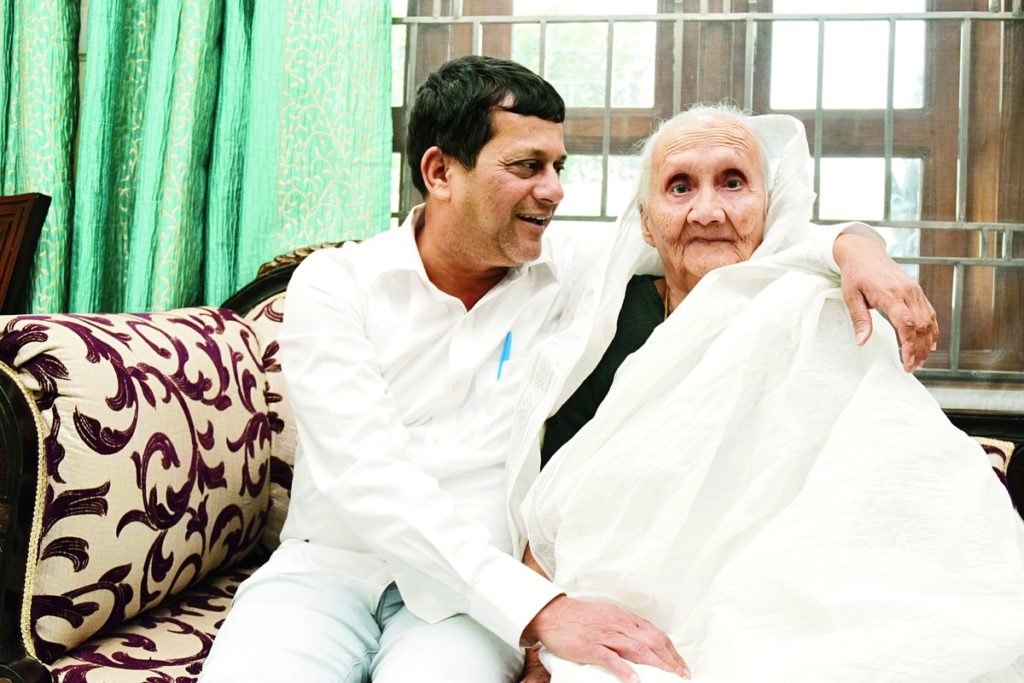
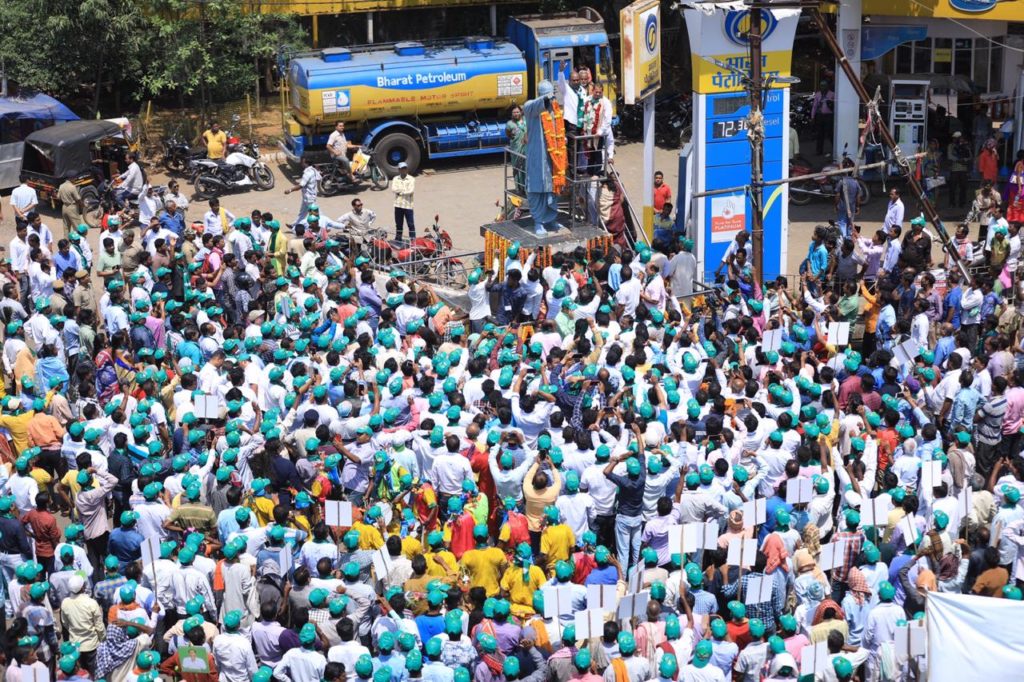
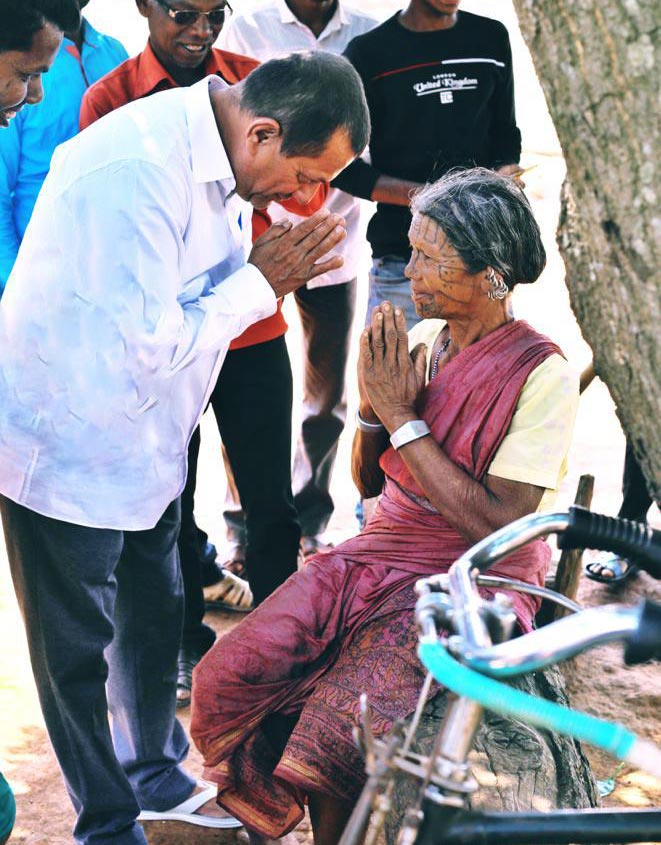
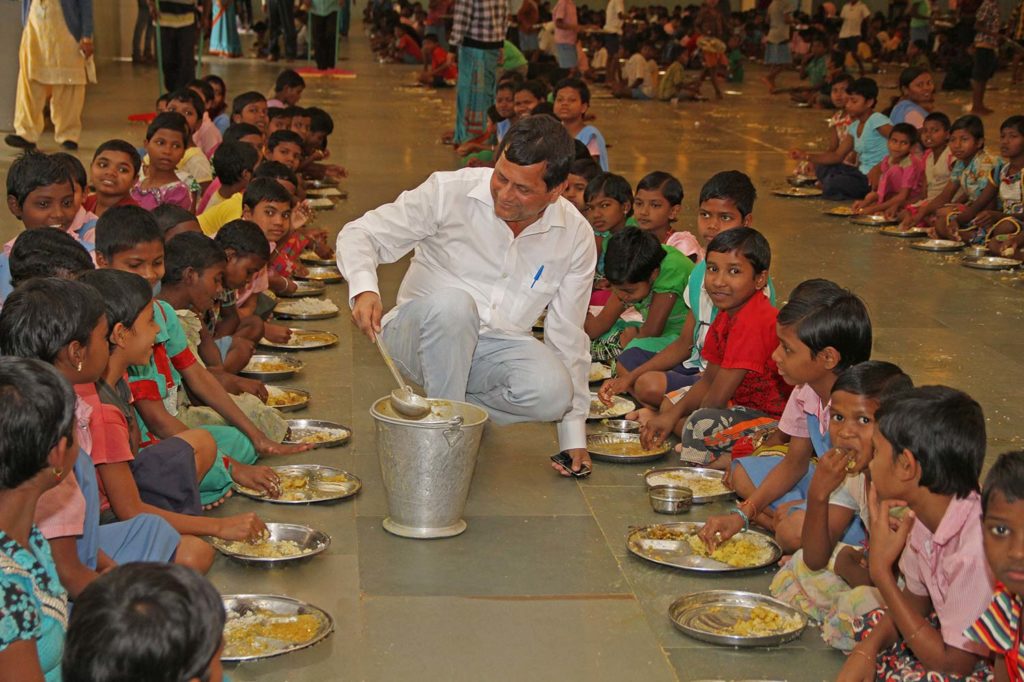
Get Social